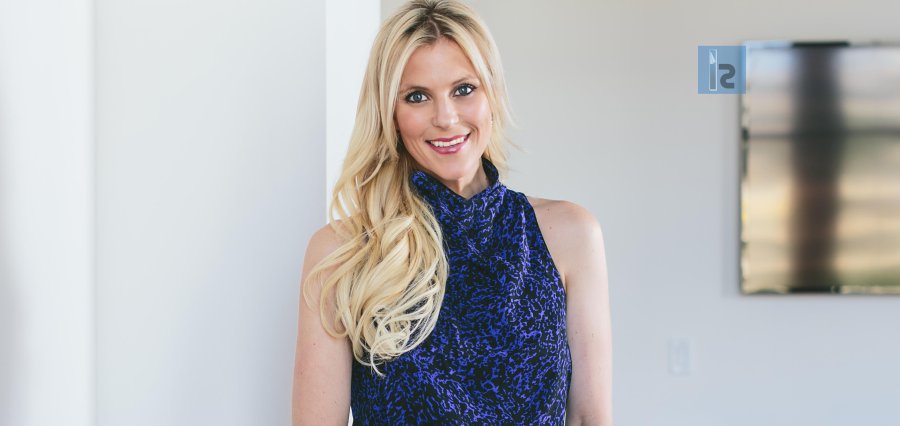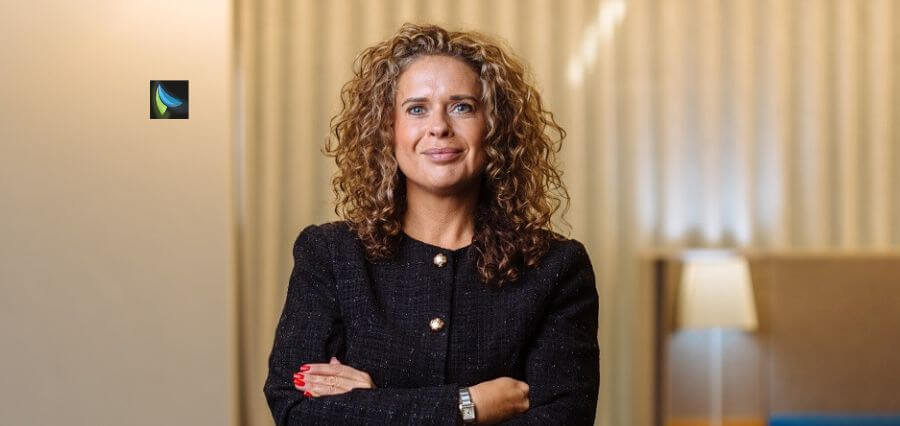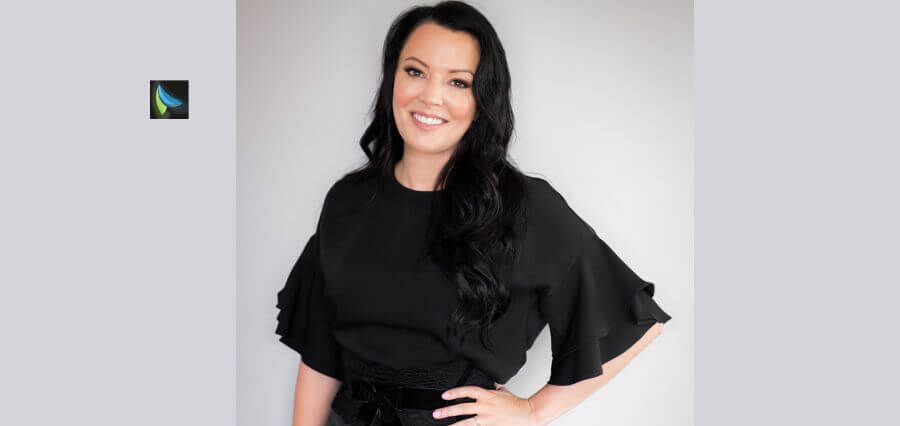Entrepreneur, advocate, and mentor for diversity in technology are just a few of Joanna’s titles. The most important, however, is CEO and co-founder of Censia, an AI-powered talent acquisition software. Censia allows talent teams to add AI to their existing recruiting process to instantly predict which person is most likely to succeed in any given role and then discovers them among applicants or the global talent pool. On average, it helps recruiters reduce the time spent on manual tasks by 90%.
Many factors influenced how Joanna became a leader, one of which was coming from a family of entrepreneurs. She grew up witnessing the process of creating things, the struggles of being a change agent, and she can’t imagine any other way to live.
During her early career, she had the opportunity to work abroad and meet with business leaders and government officials around the world. No matter where she went and who she spoke to, everyone shared the same concern: they felt they couldn’t hire enough capable talent for their companies. Joanna found this shocking and started researching the topic, only to discover that the talent was there all along, but that there was no good way to analyze it and that unconscious hiring bias was keeping a lot of people out of the right jobs. This is where the idea for Censia was born.
Factors that had Huge Impact
Two factors that had a significant impact on Joanna were that she had dyslexia growing up and that she was a rower. Being dyslexic made her become more resourceful and learn the value of communicating well and being personable at a very young age. It also made her realize just how important it is to focus on what people can bring to the table and what they can’t. Knowing that people have different strengths and that diversity of talent makes a company stronger from a young age is a concept that lies at the core of what Censia does.
Rowing, on the other hand, taught Joanna that one needs to bring strong people into one’s team and align them. If even one person is rowing in another direction, the boat goes nowhere, and it is the same with a company: if people don’t align on the mission and goals, the company can’t grow. But if everyone is working towards the same goals, the desired growth becomes exponential.
An Obsessively Customer-Centric Organization
One thing that motivates all of Censia’s business decisions is that the company is obsessively customer-centric. Therefore, Censia designs all of its offerings and optimizations to meet their customer’s needs.
Censia designed its software to be easy to use as a cloud solution or to integrate into existing systems with the simple of giving talent teams access to the most cutting-edge AI-powered talent intelligence without any cumbersome migrations, coding experience, or extensive training. The company wanted to make finding the best talent for its clients as simple as using Google.
Joanna chose this model because most enterprises have invested heavily in implementing, setting up, migrating to, and training their staff in enterprise solutions. These solutions are complex and efficient, so rather than changing and migrating, Censia gave them the option to extend and enhance what they have.
Listening is the Key
According to Joanna, all leaders need to take a step back, take an honest look at their company’s results, and listen to what their customers are saying. That is the most important thing.
Embracing Vulnerability
What Joanna has found is that women are often afraid to talk about what they aren’t good at, but understanding what one is good at and isn’t good at is the key to being successful. Only when a leader knows her strengths and weaknesses can she strategically hire others to fill in the gaps. Many leaders feel as though they can or should do everything themselves, but Joanna believes this prevents them from scaling in the long run.
Tackling Roadblocks
Joanna has spent most of my time working as an entrepreneur, so she has much more experience facing challenges in that field than she does incorporate business. Both of her parents were entrepreneurs, and she knew from a young age that this path will be full of both successes and failures, but that ultimately, one person can create amazing things. Joanna’s mom used to produce some of the greatest movies, and seeing one person orchestrate all that magic made Joanna realize how powerful one individual can be, and how much one has to take on in other to accomplish this. As a child, Joanna’s father read Rudyard Kipling’s poem “If” to her at bedtime, and she always felt as though this describes what it takes to be an entrepreneur.
Joanna also believes that women are more influential than they realize, and need to own how much influence they have on the world, even when they are not in a position of power. When Joanna spoke at the G20 summit, she asked everyone she met why they wanted to lead a country, and so many of them said it was because they had a mother or an aunt in their lives who overcame great adversity.
Future Ready
Joanna and all her team are actively pursuing Censia’s mission to transform the way people find, hire and nurture talent by making AI-powered talent intelligence accessible to companies of all sizes, and to eliminate unconscious hiring bias for good. In addition to this, the company has launched ReadyToHire. This initiative uses artificial intelligence to instantly match people who have lost their jobs to open roles at companies with hiring needs. To date, Censia has helped more than 2 million people whose jobs have been lost or are in danger of being lost connect with companies who are expanding.



















